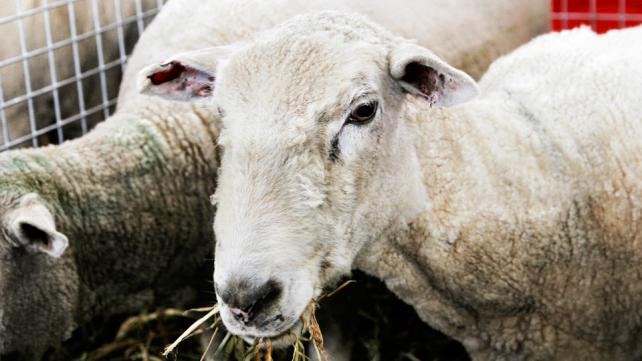
Sacrificing certain types of animals during Hajj and Eid-ul-Adha are part of Islamic rites. Islam is not the only religion which prescribes animal sacrifice.
In recent times, due to influence of the animal rights movement, the sacrifice of animals has come under attack. Below is Muslim American Michel Jansen's experience of apprehension towards Islamic animal sacrifice during Hajj and how she reconciled herself to the rite.
Acceptance of Islam
"I have deep roots in America. Some of my father's forbears migrated to the Virginia Colony in 1609, and on my mother's side are ancestors who fought with Washington and Lincoln and a great grandfather who was a Pony Express rider.
Until I was sixteen, I myself had had an upbringing generally regarded as typically American, Midwestern, middle class and Protestant. I grew up in Bay City, Michigan, belonged to the Episcopal Church, went to Sunday School and sang in the church choir.
At sixteen however, I discovered the Quran. These words (of the first chapter), simple, and direct, so impressed me that I immediately set out to memorize them. Indeed they drew me into Islam, an example perhaps of Prophet Mohammed's (peace and blessings be upon him) assertion that everyone is born a Muslim and made a Jew or a Christian by his parents.
From that time forward I charted my life in the direction of Mecca....
Hajj's rituals: the sacrifice and how I reconciled myself to it
Before I had embarked on the Pilgrimage, its rituals seemed to me just so many curious exercises. But as I participated in the event of the Pilgrimage, the meaning of these rites unfolded, my understanding of Islam was deepened and I learned more fully what it meant to be a Muslim. Indeed, this is why God had commanded Mohammed to issue the call for the pilgrimage: "That they (the pilgrims) may witness things that are of benefit to them..." (Quran 22:28).
(For example, towards the end of the Hajj when the time of making the [animal] Sacrifice came), I began to feel uneasy. Since I have not completely outgrown the tender-heartedness I had known as a child, I had balked at the idea of the Sacrifice long before being confronted with it and now the time had come to do it. What was I to do? As a girl I had cared for lost dogs or stray cats, adopting any fledgling that had fallen from its nest, splinting a bird's broken leg with match stick and feeding injured butterflies on sugar syrup. But a companion had been adamant. "You must do the Sacrifice."
Back at our building in Mina I turned to the Quran. I found that the Sacrifice has many meanings: it commemorates Abraham's (peace be upon him) offering of his son's life and God's rejection of this sacrifice in exchange for Abraham's submission to God's will; it marks the end of idolatry among Arabs; it is an offering of thanksgiving to the God of Creation Who has been so benevolent to mankind; and it teaches the well-to-do to share their blessings to "eat thereof (the Sacrifice) and feed the beggar and the suppliant" (Quran 22:36).
As I pondered what I had read, a great weight was lifted from my conscience. I suddenly saw that the Sacrifice upholds the sacredness of life, that it, in fact, constitutes a pledge by the pilgrim that he will slay for sustenance only. And where I had felt reluctance before, I now felt eagerness to fulfill all the requirements of my pilgrimage.
Taken from Islam The Natural Way by Abdul Wahid Hamid pages 127-128.

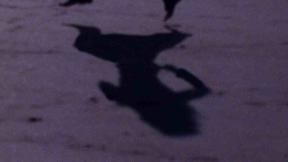
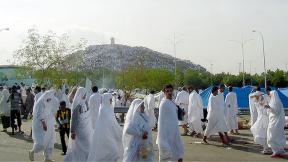

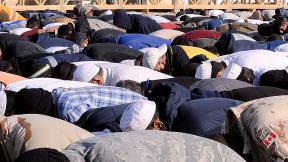
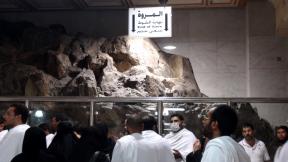


Add new comment